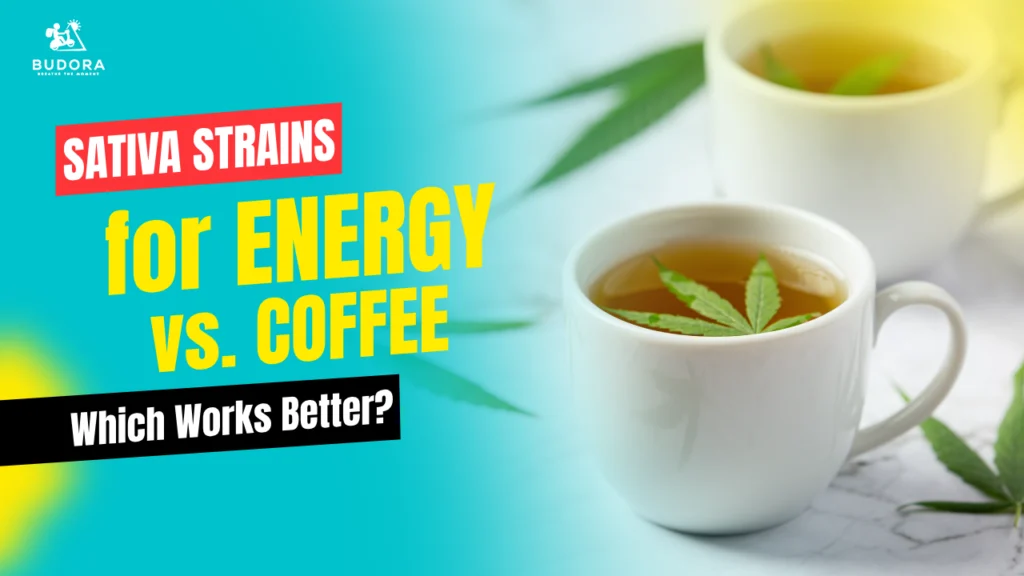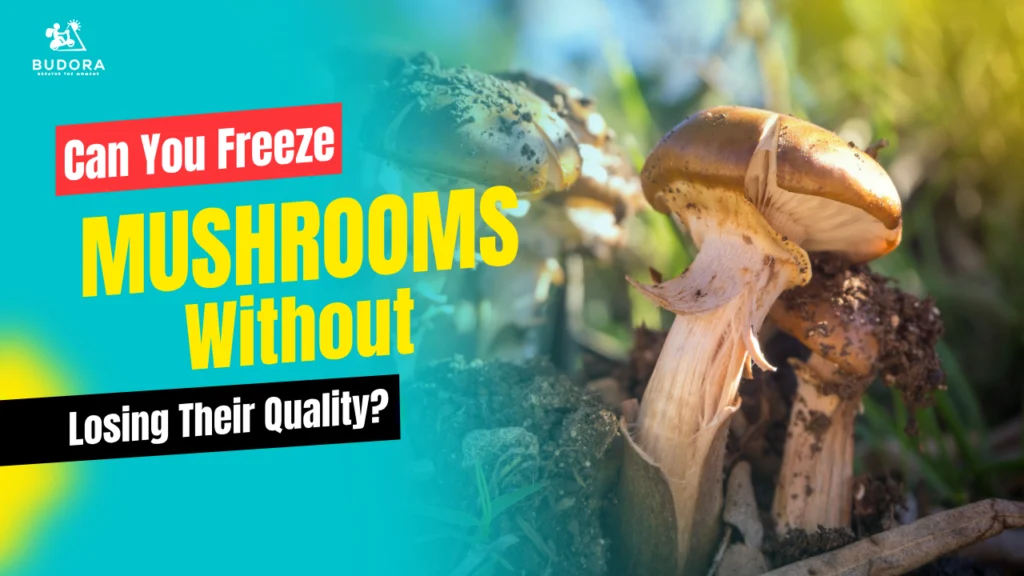Blog
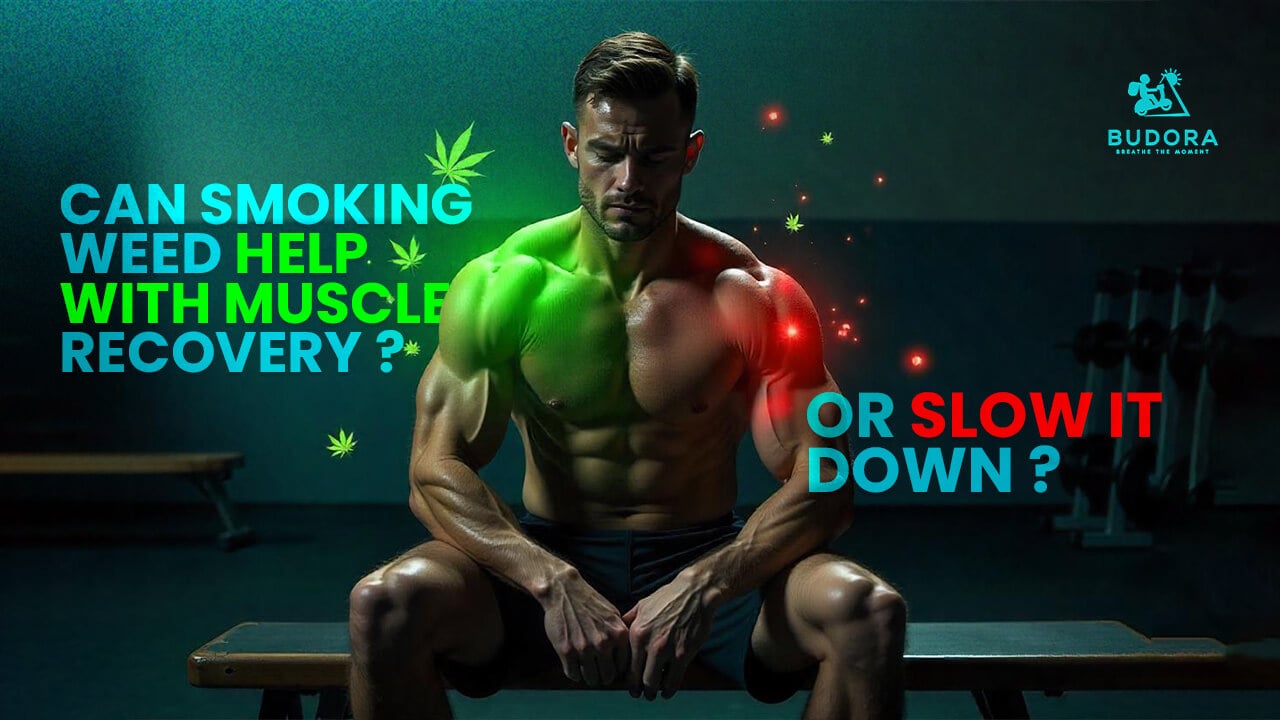

Can Smoking Weed Help with Muscle Recovery or Slow It Down?
- Budora Team
- No Comments
Post-workout recovery can make or break your fitness gains. Many wonder: can smoking weed help with muscle recovery, or might it slow healing? In this article, we delve into the latest research, real user experiences, and expert views on cannabis muscle recovery to help you make informed choices.
Key Highlights
- Smoking weed may help muscle recovery by reducing inflammation and improving sleep, but its respiratory and cardiovascular risks can’t be ignored.
- Cannabis compounds like THC and CBD offer potential post-workout benefits, yet timing, dosage, and form of intake play a crucial role.
- While many users report faster recovery with cannabis, excessive or improper use—especially smoking—may hinder physical performance and lung health.
What Happens to Muscles After Exercise
Working out—especially resistance training—creates microscopic tears in muscle fibers. The body responds with inflammation and soreness, known as DOMS (delayed-onset muscle soreness). Effective recovery boosts healing, reduces pain, and supports muscle growth.
Cannabis & Recovery: What the Studies Say
What the Studies Say — In our article Can I Work Out After Smoking Weed?, we explore how THC and CBD may aid muscle recovery, pain relief, and sleep. A recent survey of trained individuals found that 93% believe CBD supports post-exercise recovery, while 87% report experiencing recovery benefits from THC after workouts. These insights align with emerging research suggesting that cannabis can help reduce inflammation, promote restful sleep, and alleviate post-exercise discomfort, potentially enhancing your recovery routine when used mindfully and at the right time.
How Smoking Cannabis Might Aid Recovery
- Pain & Inflammation Relief: Both THC and CBD interact with the endocannabinoid system to ease pain and reduce inflammatory markers—learn more in our detailed guide, Sativa or Indica for Pain Relief.
- Enhanced Sleep Quality: Better rest promotes muscle repair and protein synthesis.
- Appetite Stimulation: THC’s “munchies” effect encourages the intake of nutrients needed for healing.
Potential Drawbacks of Smoking Post-Workout
- Respiratory Impact: Inhaling smoke can irritate airways and reduce cardiovascular efficiency.
- Elevated Heart Rate: Cannabis, especially THC, can raise heart rate during exertion.
- Impaired Coordination: Smoking before or after workouts may affect balance and reaction time.
Real-World Insights from Users
Reddit users often report using sativa before workouts and indica after for relaxation and enhanced sleep:
“I use sativa before I go to the gym. Indica after … for recovery and good sleep.”
This aligns with many who believe in weed for workout recovery by improving focus, comfort, or sleep after exercise.
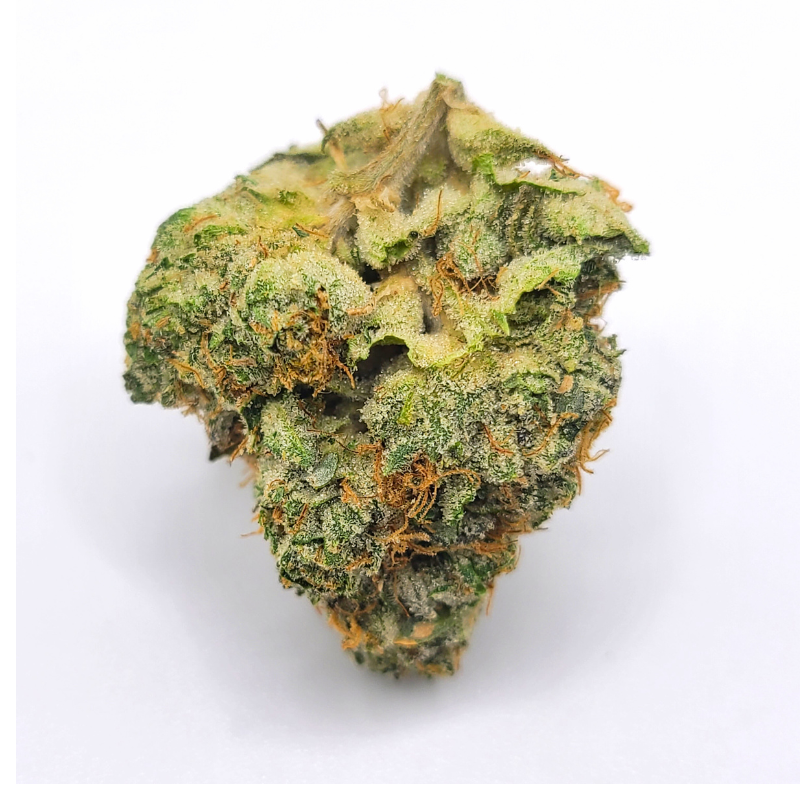
Timing, Dosage & Usage Guidelines
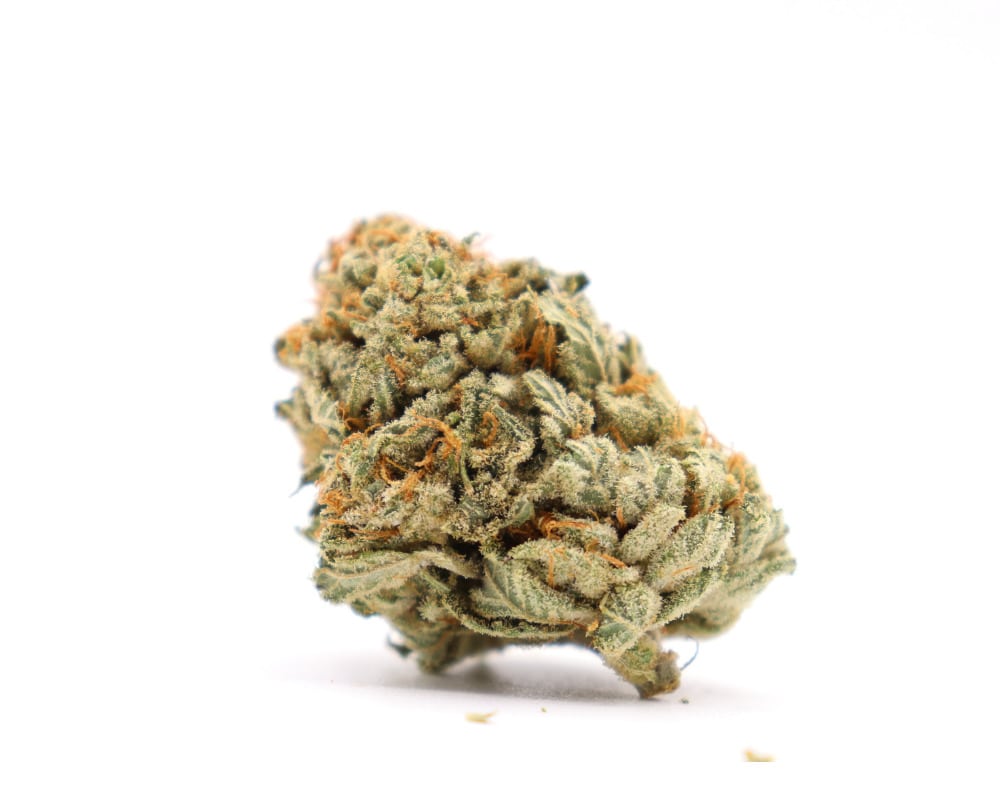
- Best Practice: Use cannabis after workouts, not before, to avoid coordination issues.
- Start with low doses—e.g., 5–10 mg THC or moderate CBD—and adjust per your response.
- Avoid mixing with alcohol or opioids.
- Always consider heart health and current condition.
Risks & When Prices May Outweigh Benefits
Respiratory concerns
from frequent smoking.
Cardiovascular caution
blunting or puffing may elevate the heart load.
Doping contexts
THC can be banned in athletic competitions.
Overuse risks
Heavy THC use can disrupt REM sleep and hinder long-term recovery.
Conclusion
So, can smoking weed help with muscle recovery or slow it down? It can certainly assist with pain relief, inflammation reduction, and sleep support. But potential downsides—like lung irritation or heart strain—share the stage. If you’re considering it, use low doses, avoid use before intense exercise, and monitor your body’s reaction.
For a safer approach, consider CBD muscle soreness products like our Orenda Botanicals massage oil or explore THC-free options with premium hemp-based topicals.
Frequently Asked Questions
Can smoking weed help with muscle recovery?
Many users report relief from soreness and faster recovery, and surveys confirm perceived benefits in recovery.
Is weed bad for muscle recovery?
Not inherently, but respiratory or cardiovascular effects may offset benefits if misused.
Can you go to the gym after smoking weed?
Light exercise is fine for experienced users, but avoid intense workouts that require coordination or cardiovascular capacity.
Does cannabis muscle recovery differ between smoking and CBD use?
CBD may offer anti-inflammatory benefits without THC’s psychoactive effects or smoke inhalation.
How much THC/CBD should I use post-workout?
Begin with low doses (5–10 mg THC or 20–50 mg CBD), monitor how you feel, and adjust gradually.
Like this article?

Budora Team
OTHER ARTICLES YOU MAY LIKE


